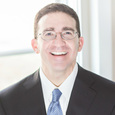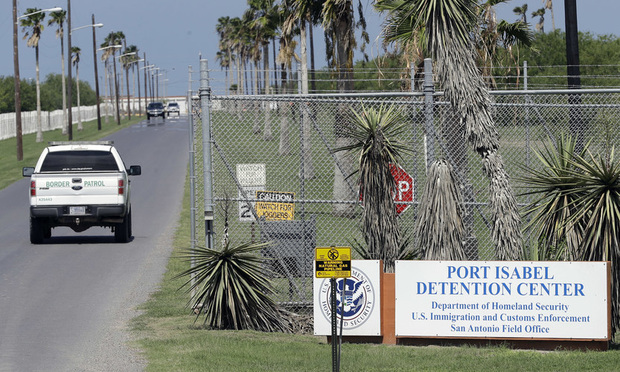Kavanaugh’s Rules of the (Appellate) RoadSupreme Court nominee
Brett Kavanaugh’s long paper trail as a lawyer, judge and public speaker is yielding important insights into his habits and preferences as a jurist and as a consumer of the work product of appellate advocates.
At a 2011 summit of the
Appellate Judges Education Institute in Washington, Kavanaugh offered a glimpse into his thinking as a judge, and processes that he is likely to bring with him if confirmed as a justice. Some of his tips for advocates and judges, condensed for length and clarity:
➤➤ Oral arguments matter. “Oral arguments are the first time that I'm learning what my fellow judges might think about the case, and that's important for the lawyers to understand, because you're getting in the middle of a conversation. But the important thing to remember as a lawyer is that conversation is starting among the judges at oral argument, and you want to be part of that conversation if you could.”
➤➤ Be candid, and avoid ellipses. “It's important to quote fairly and accurately the text of the statute in question. The lawyers have to be candid about what's the better reading. Do not stretch a precedent or the meaning of a statute. Do not use ellipses in the key qualifying phrase in the precedent. Every time I see an ellipsis in a quote, I immediately look at the case to see exactly what the wording of the statute was. Because so often that's where the bodies are buried.”
➤➤ Clarity counts. “I am very concerned with trying to set forth an opinion that is marked by clarity and workability in terms of what's going to happen. Will people know what the rule is? And will this really work in the real world? And therefore, in turn, I'm looking from the lawyers at oral argument and in the briefs, ‘What is the big picture here?’ And, ‘If your rule prevails, how will this all work?’”
➤➤ Judges are generalists. “We're dealing with a huge range of issues on a daily or weekly basis at oral arguments, and the lawyers are the experts. It's the job of the best appellate lawyers to bridge the gap. We would like to become experts in everything, but you're going to have spent months or years on something that we're going to have a 45-minute, one hour oral argument on.”
➤➤ Focus on the issues. “Well, [I look at] the appellant's brief to see what the issues are and then go back to the district court opinion. It could be the case that the district court opinion addressed six issues, but only two of them are on appeal, so if you started with the district court opinion you might miss that … That's a critically important part of my thinking and decision-making process.”
➤➤ Above all, civility. “I try to always keep the tone toward the lower court judge and toward my colleagues as respectful as I can. Realizing, number one, that's the way I like to be, and number two, I think that also helps set an example for a profession that needs more civility. Civility doesn't mean giving up your principles, doesn't mean giving up your position, but it does mean, for me, trying to always display respect for the opposing position for the counsel and for the lower court judge.”











Comments
Post a Comment